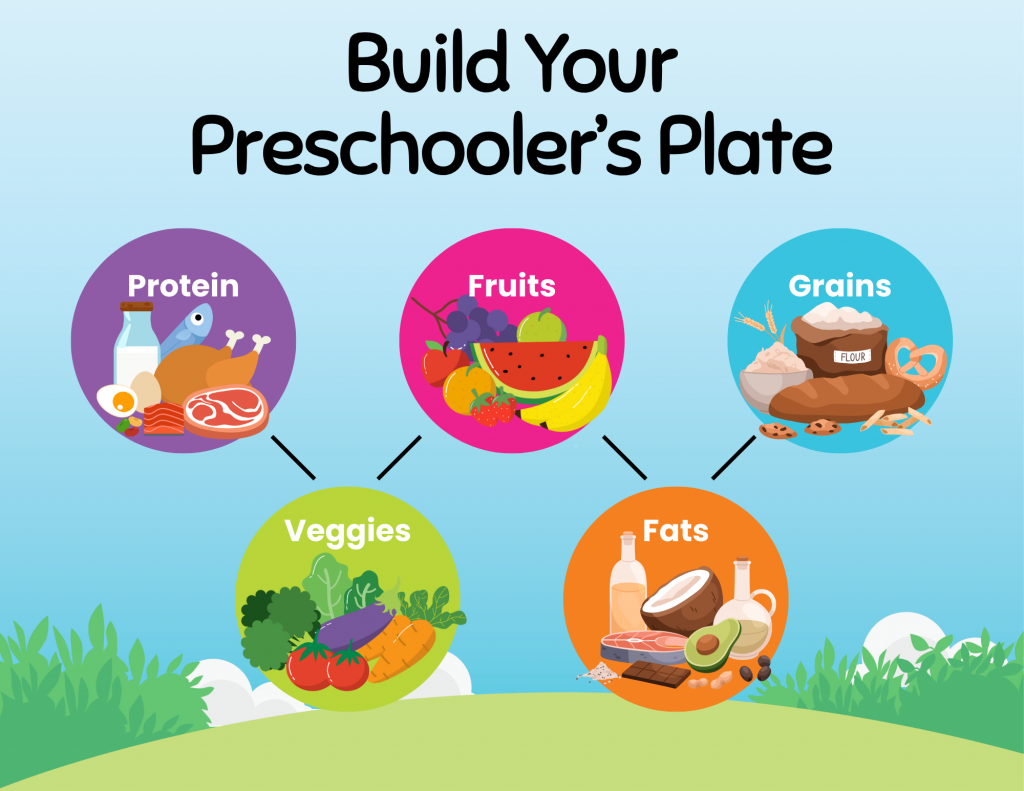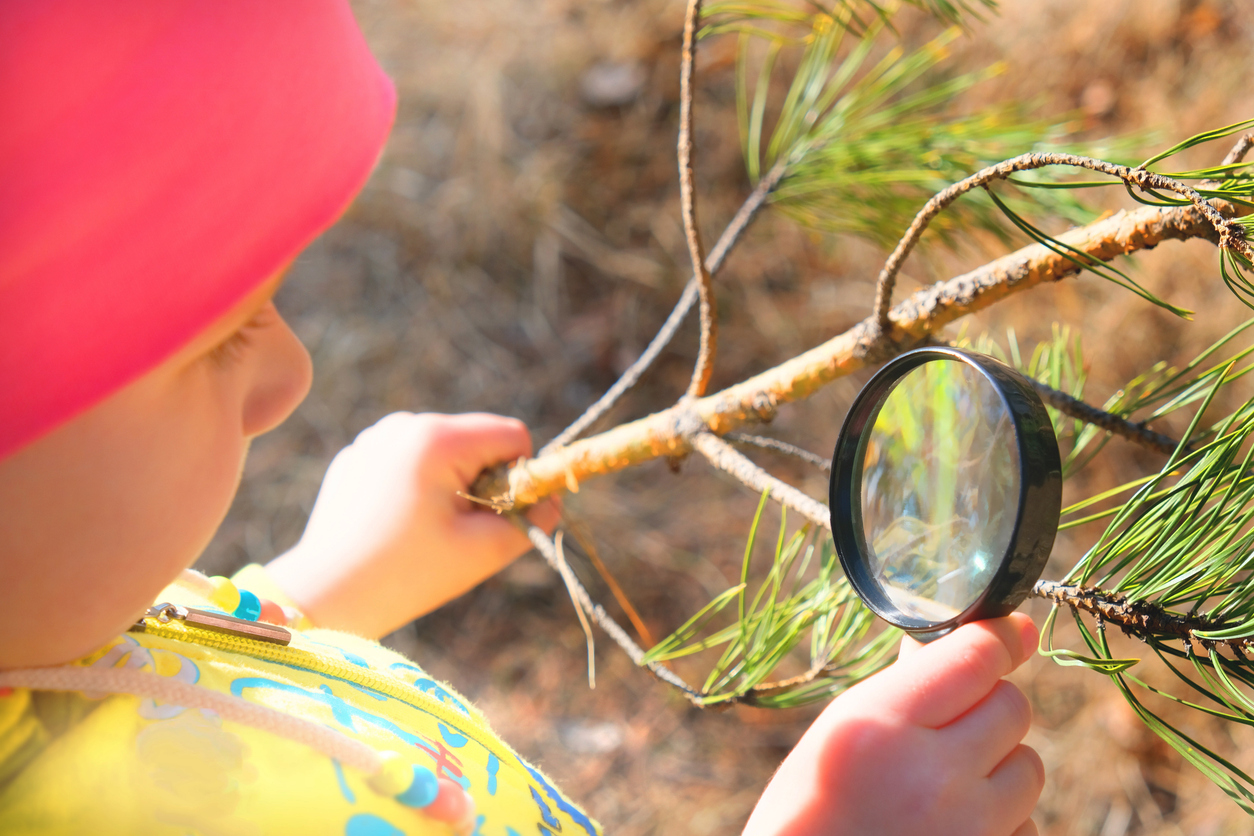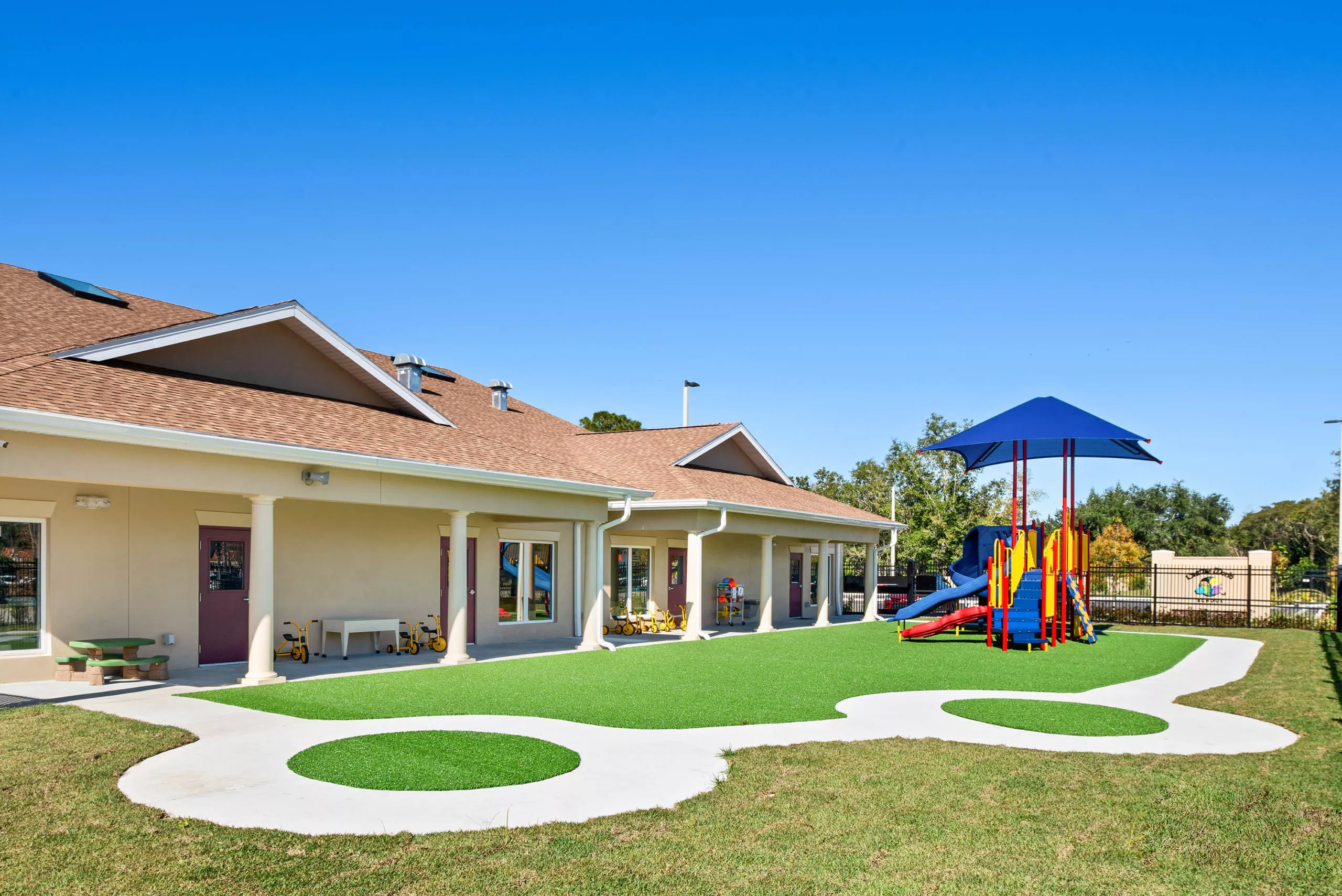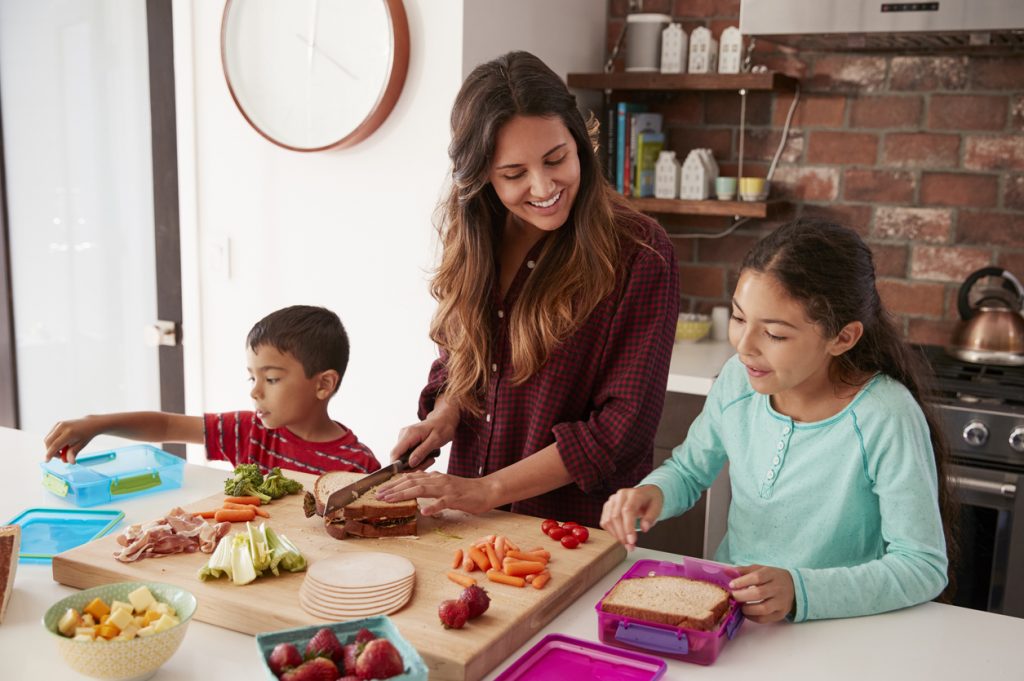
The Power of Balanced Meals in Early Childhood
Creative world school Aug 26, 2025Your child is growing like a weed, running like the wind, and asking a million questions a day. What’s fueling all that energy, curiosity, and creativity? You guessed it—food! Balanced meals are the secret sauce behind strong bodies, focused minds, and happy hearts.
Early childhood is the perfect time to build healthy habits that stick. Today, children under 5 in the U.S. aren’t eating enough fruits and veggies, and many kids get most of their calories from added sugars and processed foods. But don’t stress. You don’t have to be a gourmet chef to help your little one eat well. With a little planning, a few tricks, and a lot of love, you can make every bite count.
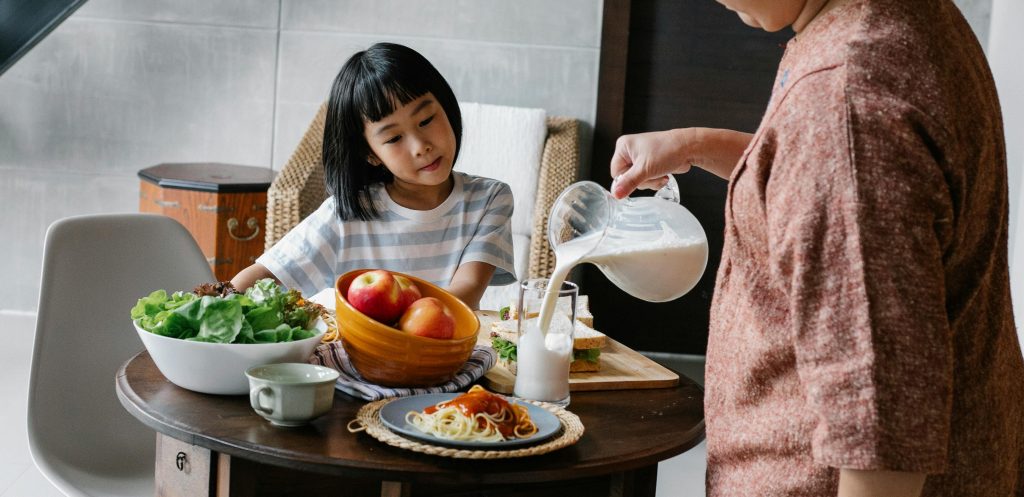
What a Balanced Meal Really Does for Your Preschooler
When your preschooler eats a balanced meal, amazing things happen. Their bones get stronger, their brain gets sharper, and their mood gets a whole lot steadier. That’s because foods like whole grains, fruits, veggies, and proteins all work together to power up their growing body.
Take iron, for example. Up to 15% of toddlers don’t get enough iron and that can leave them feeling tired and cranky. But foods like beans, chicken, and spinach can help. Add a little vitamin C like strawberries or oranges and their body soaks it up even better.
And here’s something really cool. Eating well can actually help your child learn. Nutrients like omega-3s and B vitamins support memory, focus, and even better sleep. A good meal isn’t just fuel. It’s brain power. If you’re not sure whether your child is getting the nutrients they need, talk with their pediatrician. They can check for any deficiencies and help guide you toward foods or supplements that support healthy growth!
Want to talk about this with your child in a fun, gentle way? “The Berenstain Bears and Too Much Junk Food” makes healthy eating feel like an adventure.
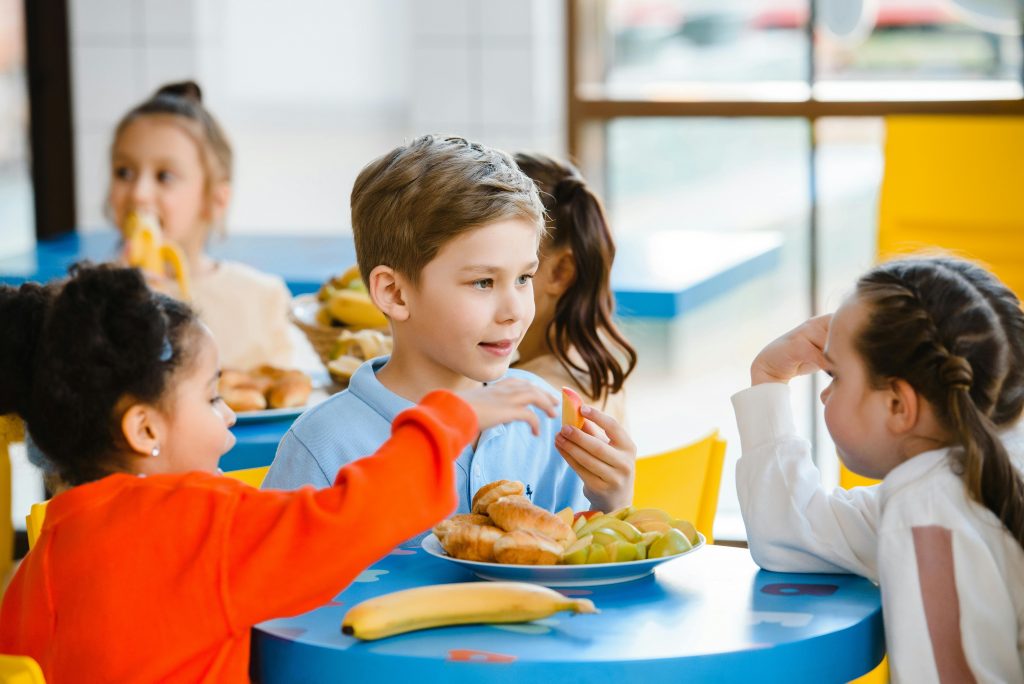
Healthy Meal Planning Tips for Toddlers
You don’t need a five-course menu or Pinterest-perfect plates to feed your preschooler well. That’s a myth lots of parents fall into, but the truth is, simple meals can be just as nutritious (and a lot less stressful). A little prep goes a long way. Try planning a few easy meals for the week and involve your child in picking ingredients. Give them small choices like “carrots or cucumber today?” Kids love to feel included. Here’s a helpful formula: every meal should have a little protein, a little grain, a fruit or veggie, and something fun. For example, chicken quesadillas with avocado and melon cubes, or scrambled eggs with toast, blueberries, and a sprinkle of cheese.
Snacks are where kids get creative and often hungry. About one-third of their daily calories come from snacks, so make them count. Hungry for ideas? Check out our blog Healthy and Delicious Snacks That Preschoolers Will Love [hyperlink to that blog].
Get Messy in the Kitchen (On Purpose!)
We don’t have to tell you how passionate kids are about messes. So why not use that energy to get them excited about food? Let them help rinse veggies, stir batter, or scoop yogurt into a bowl. When children help make a meal, they’re way more likely to eat it. Plus, cooking together builds skills. Your child is practicing math when they count scoops, learning science when they watch dough rise, and using all five senses while exploring new foods. It’s learning in disguise and it’s delicious.
Kids who help in the kitchen are even more open to trying vegetables! So go ahead and let them pick the toppings for their own veggie pizza or help crack the eggs for pancakes. The memories you make will be just as nourishing as the food.
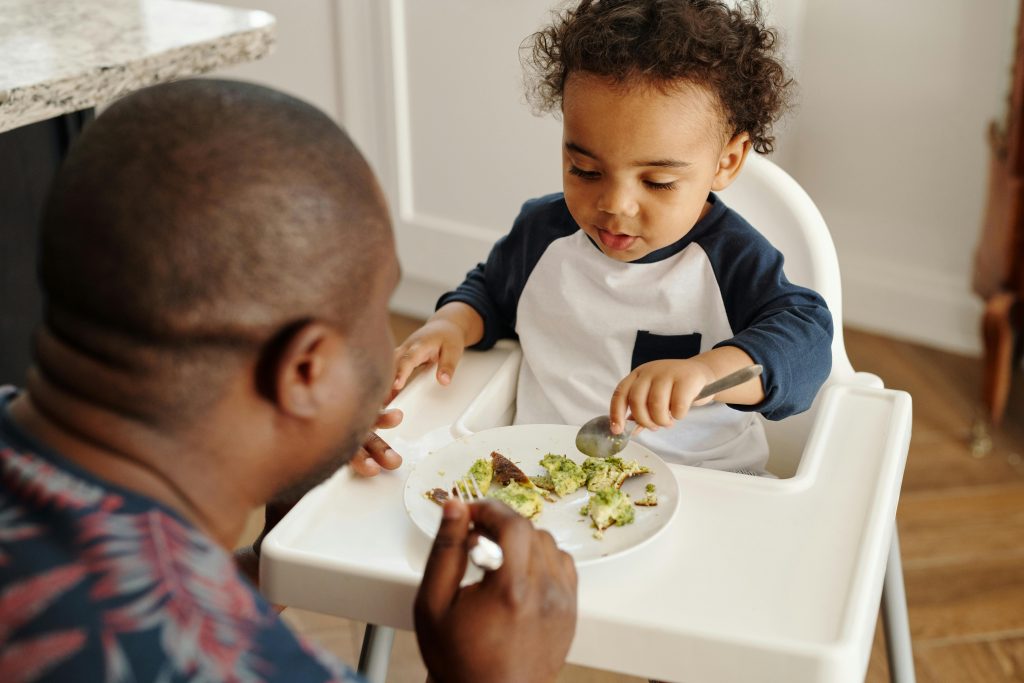
Helping Kids Love Healthy Food (Without the Food Fights)
Healthy eating doesn’t happen in a day. It happens in tiny bites, sips, and choices over time. So if your preschooler refuses anything green or survives on crackers for a week, take a deep breath. You’re not alone.
Instead of pressuring your child to eat certain foods, try offering new options regularly and in small amounts. Even a single bite is a step forward. One day, your child might surprise you by asking for more broccoli or saying they actually like carrots now. It often takes 10, 15, or even 20 tries before a child accepts a new food, and that’s completely normal.
Your words and actions around food make a big difference. Kids are always watching and learning from you. When they see you eating a variety of foods and talking about them in a positive way – like saying, “These roasted sweet potatoes are so tasty” – they’re more likely to feel curious and open to trying them too. But if you turn down vegetables or skip meals, they notice that as well.
Try to keep a regular routine for meals and snacks so your child knows when to expect food. Sit down and eat together whenever you can. Even a few minutes at the table creates a moment to connect, model healthy habits, and show your child that food can be enjoyable. Mealtimes aren’t just about eating. They’re about building trust and setting the stage for a lifelong healthy relationship with food.
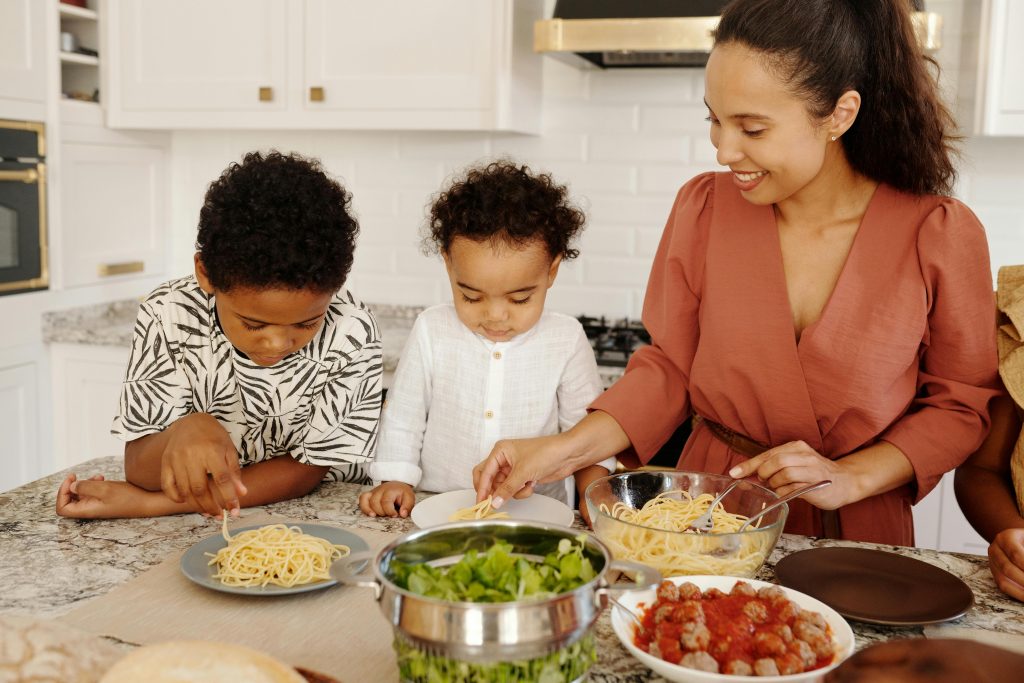
Healthy Habits Start Here at Creative World School
At Creative World School, we believe that a strong body and a bright mind go hand in hand. Our classrooms explore the world of food through hands-on cooking, fun learning themes, and shared mealtimes that help children feel confident and curious.
We work closely with families to support healthy growth from the inside out! Every child deserves to feel energized, focused, and ready to discover their world. Want to see how we bring healthy habits to life? Find a preschool near you and schedule a tour today!
